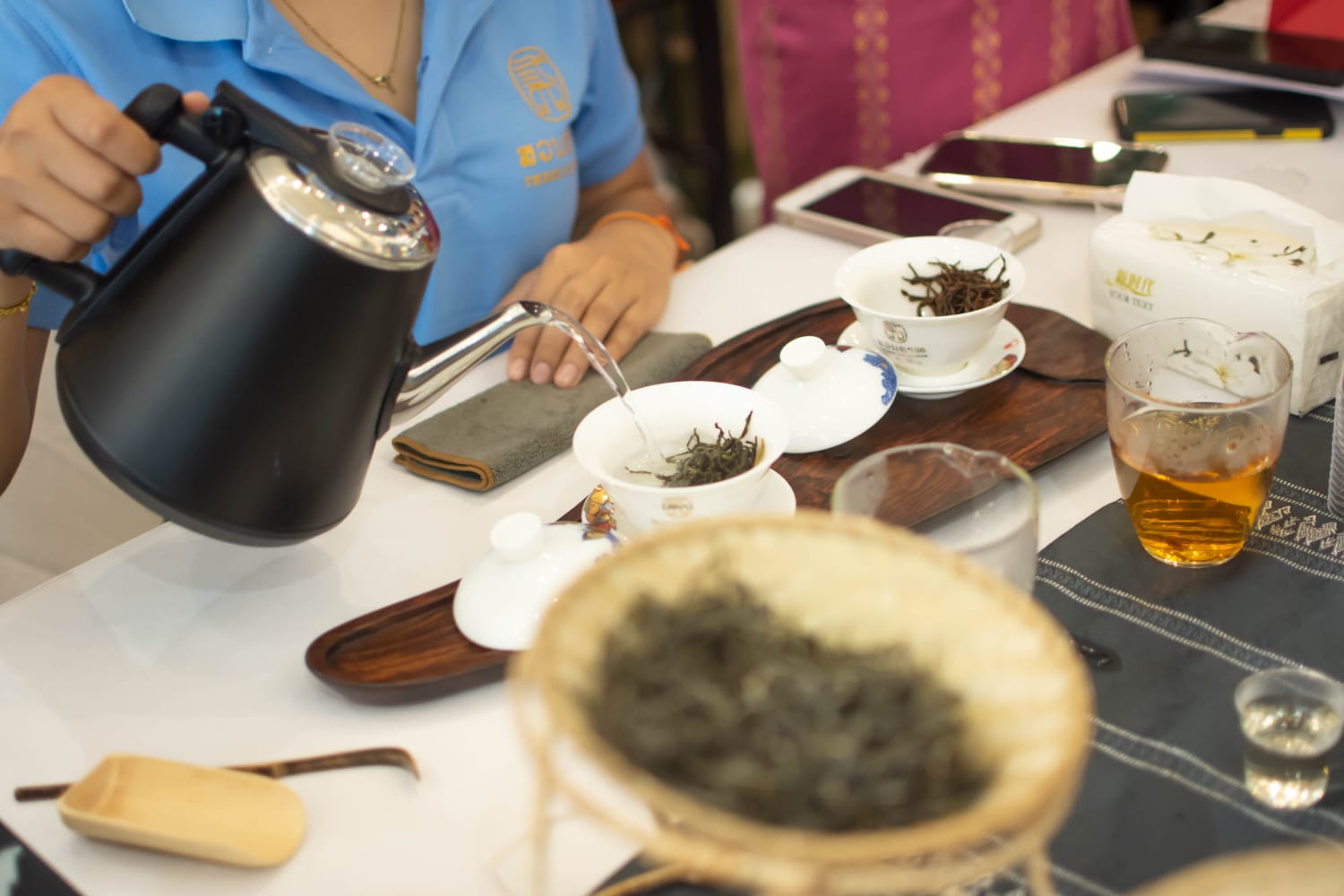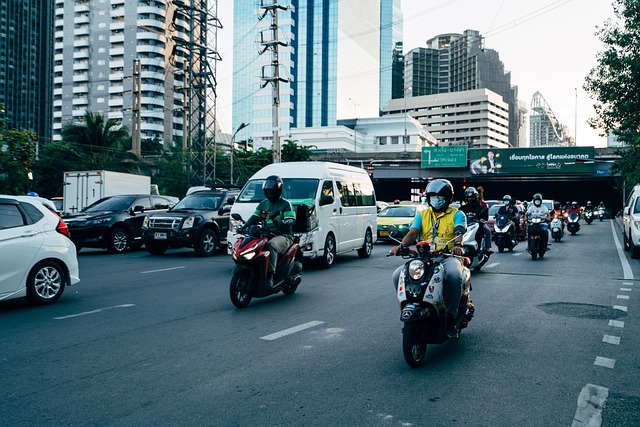Asean governments should aim for every public dollar funded for infrastructure development to translate to an “early double-digit” amount in financing mobilised from the private and institutional sectors, said the Asian Development Bank (ADB) in a new report.
That ratio would be a “tipping point” for public, private, and institutional capital to provide enough resources to close the region’s significant infrastructure investment gap, said the development organisation.
Currently, the governments’ fund sourcing averages three dollars for every one dollar invested. “They should aim for early double-digit ratios if not at least doubling fund sourcing,” said ADB.
ADB launched the report on Tuesday (May 2) as it kicked off its 56th Annual Meeting, a gathering of finance ministers, central bank governors and other stakeholders representing the regional development bank’s 68 member economies at Incheon, South Korea.
The 129-page document took stock of the latest innovative financing approaches deemed as key to private sector participation, with inputs from finance ministers and central bank governors of Asean+3 economies. Asean+3, or the Association of Southeast Asian Nations Plus Three, refers to the 10 Asean member states plus China, Japan and South Korea.
Second Finance Minister Indranee Rajah was referred to as a key partner in ADB’s collaboration with Asean+3 in coming up with the report, titled Reinvigorating Financing Approaches for Sustainable and Resilient Infrastructure in Asean+3.
Challenging gap
With this being the first time in three years that the meeting was held in person, the lingering effects of the pandemic were in sharp focus. ADB said financing the infrastructure gap has gotten more challenging than before, as debt levels are up, tax revenues down and public spending has ballooned.
The situation severely limits direct public funding for infrastructure, it stressed.
In developing countries alone, the funding gap is US$2.5 trillion a year, as public and private financing of United Nations (UN) Sustainable Development Goals (SDGs) remained around US$1.4 trillion, it said.
The UN Conference on Trade and Development had estimated that US$3.3 trillion to US$4.5 trillion a year is needed for these countries to achieve their SDGs.
Public resources may close to a third of the gap, but private capital needs to cover at least 70 per cent, ADB stated.
Its own assessment of its 45 developing member countries from Asia and the Pacific found that US$26 trillion is needed to meet SDGs by 2030. This translates to about US$1.7 trillion per year, but only about US$880 billion is invested in infrastructure annually, it pointed out.
Asean economies, in particular, need at least US$2.8 trillion in total infrastructure investment by 2030, or US$184 billion annually.
Why banks can’t fill in
While the financial sector in other parts of the world could step in to meet the infrastructure financing requirements, in Asean+3 the sector is too “narrow” to do so.
Banks dominate the space in the region, while pension funds and insurance companies remain small, ADB said.
“Since banks can provide only short-term financing as they are constrained by their liabilities (deposits), any allocation to long-term investments leads to a maturity mismatch,” it added.
And as Asian banks are largely risk averse to infrastructure projects because of tightening regulations on credit lending, including credit risk measurement as stipulated by the Basel Committee on Banking Supervision, private sector participation becomes key, it said.
But even as more than US$200 trillion of private capital is invested in global capital markets currently, ADB said a major bottleneck lies in the lack of a bankable, investment-ready pipeline of infrastructure projects. The risks and low rate of return are also not attractive.
One leads to 12
Blended finance – an area of focus for the Monetary Authority of Singapore – is among the 12 innovative financing approaches covered in the report.
The model shows promise, especially as one of its case studies, development finance institution GuarantCo, was able to mobilise as much as $12 for every public dollar put in using it.
GuarantCo is funded by various governments including the United Kingdom, Switzerland, Australia and Sweden through trusts and facilities. Its blended finance solution de-risks investments by providing partial credit guarantees for infrastructure projects in developing countries and receiving first loss equity contributions from public funds.
The 1:12 ratio was possible as GuarantCo designed a funding model that lets it provide guarantees up to three times the value of the equity contribution which, in turn, can, on average, mobilise up to four times private sector investment into infrastructure projects.
For blended finance to be successful, ADB suggested that it should address market failures to minimise the risk of market distortion or crowded out of private finance. Crowding out takes place when development funders invest in a project that could have secured complete private sector financing without any assistance from the public sector.
Three steps
Offering three practical steps on how to scale infrastructure investments, Indranee, speaking at the report’s launch event, said governments will have to first build capacity in structuring bankable projects.
When that is done, the public sector should connect demand and supply by linking investors to bankable projects, she said.
Finally, the sector should enhance investor confidence, by creating awareness around innovative financing approaches.
The awareness will be key to encouraging greater investments in marginally bankable projects via these platforms, she added.
Source: The Business Times. Link Here.
























